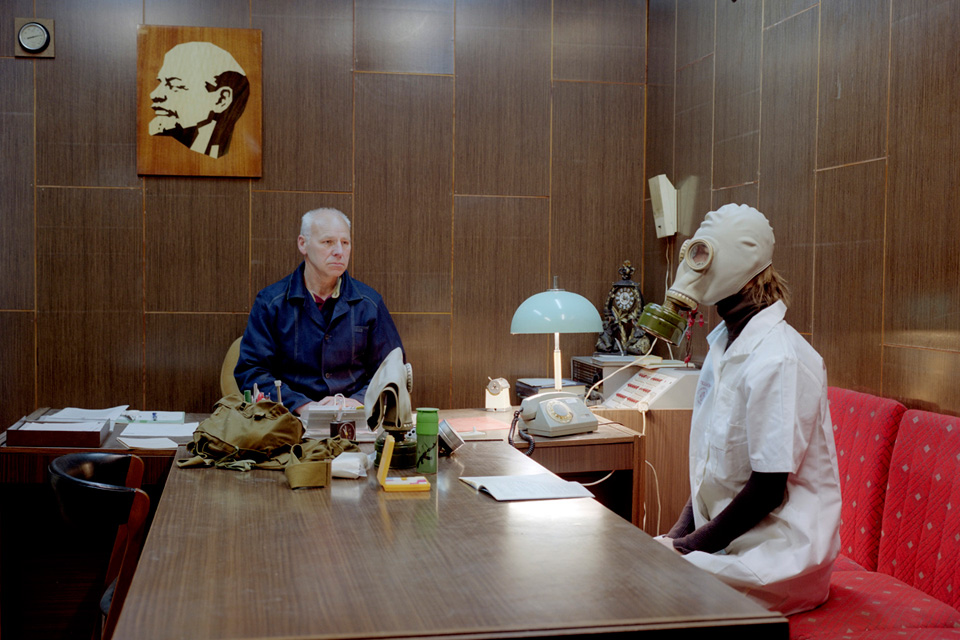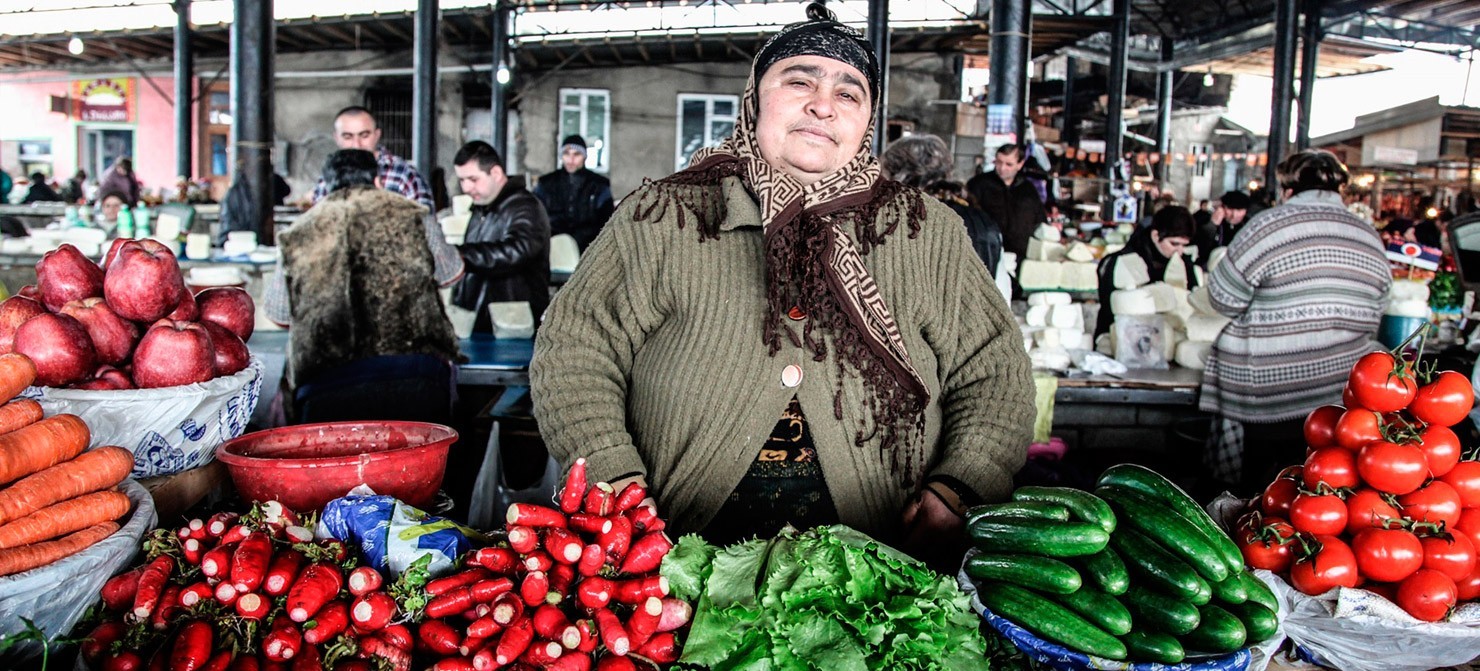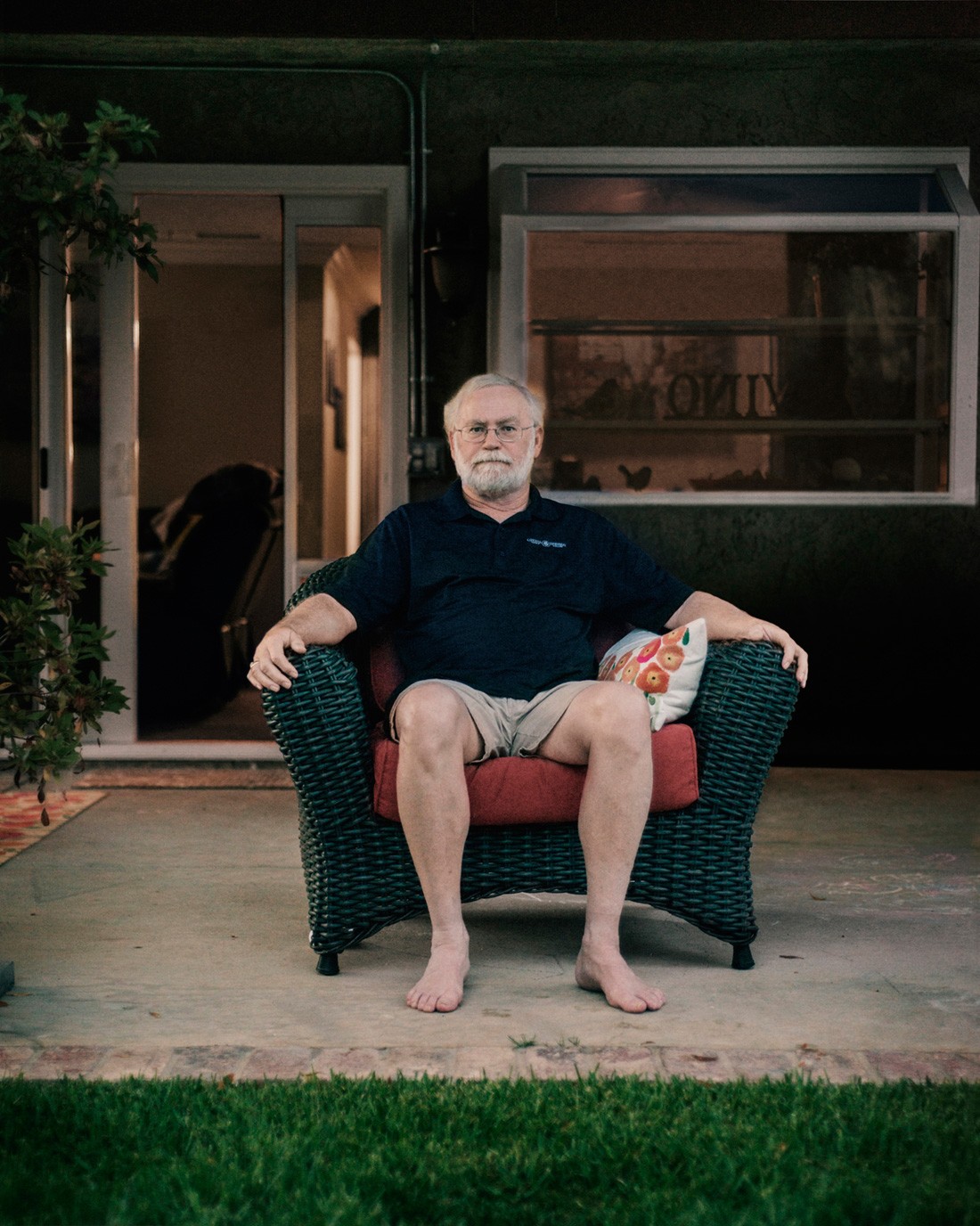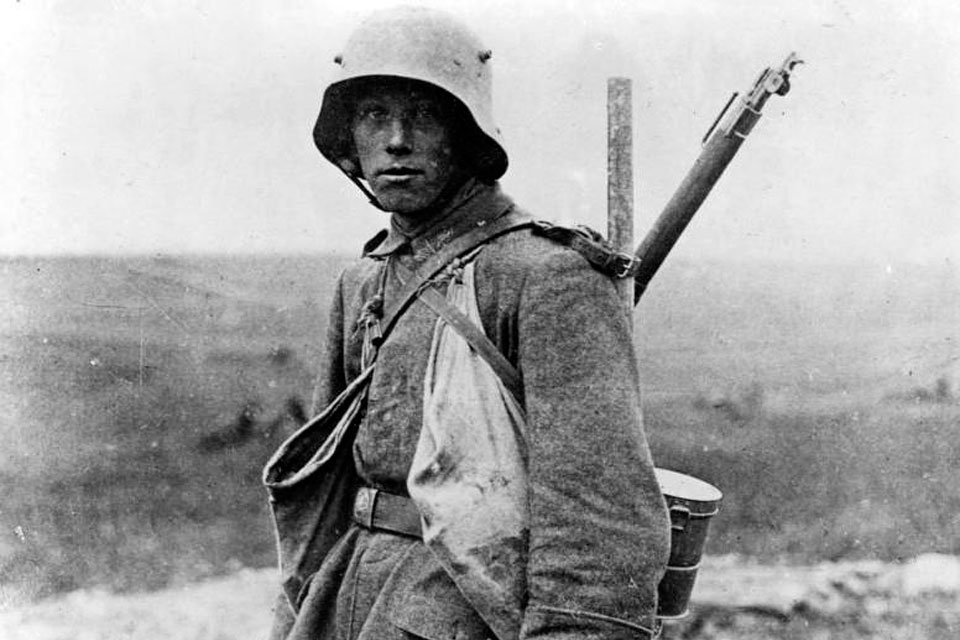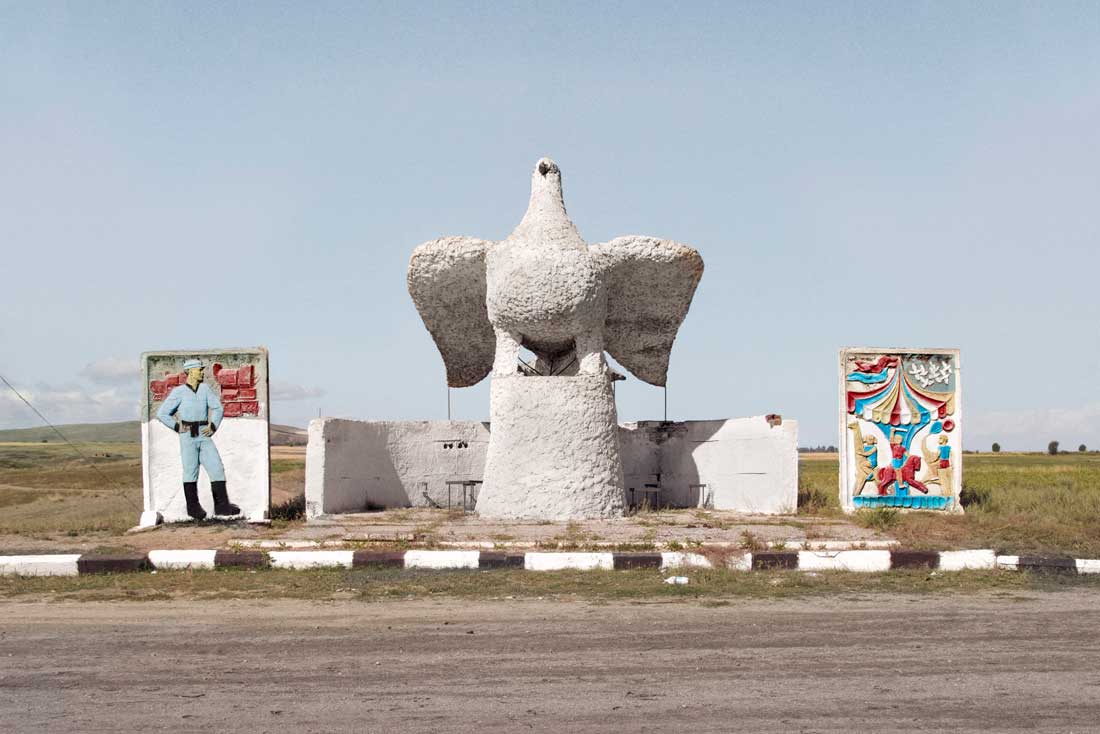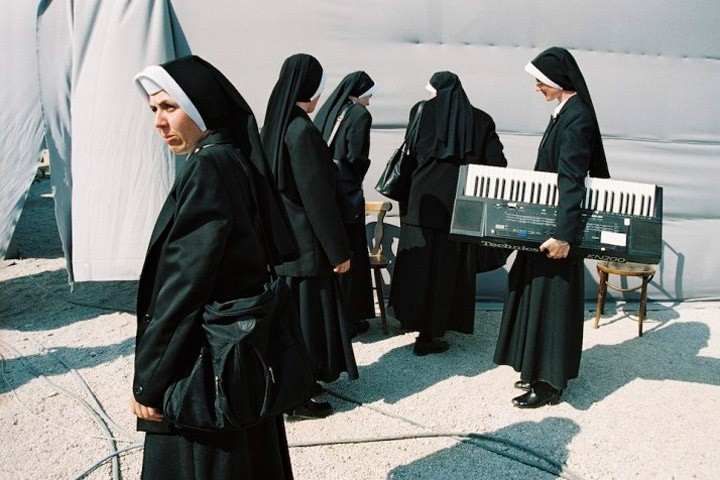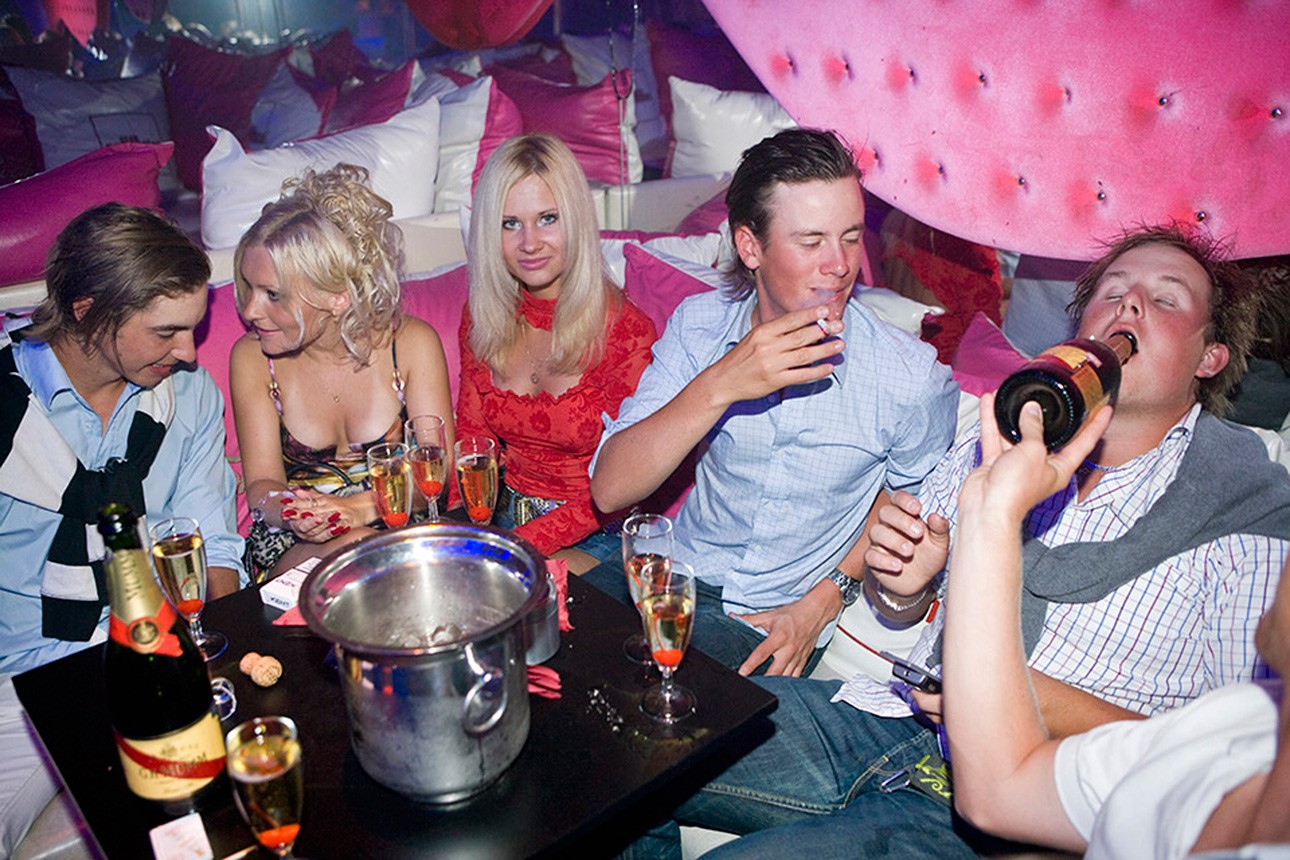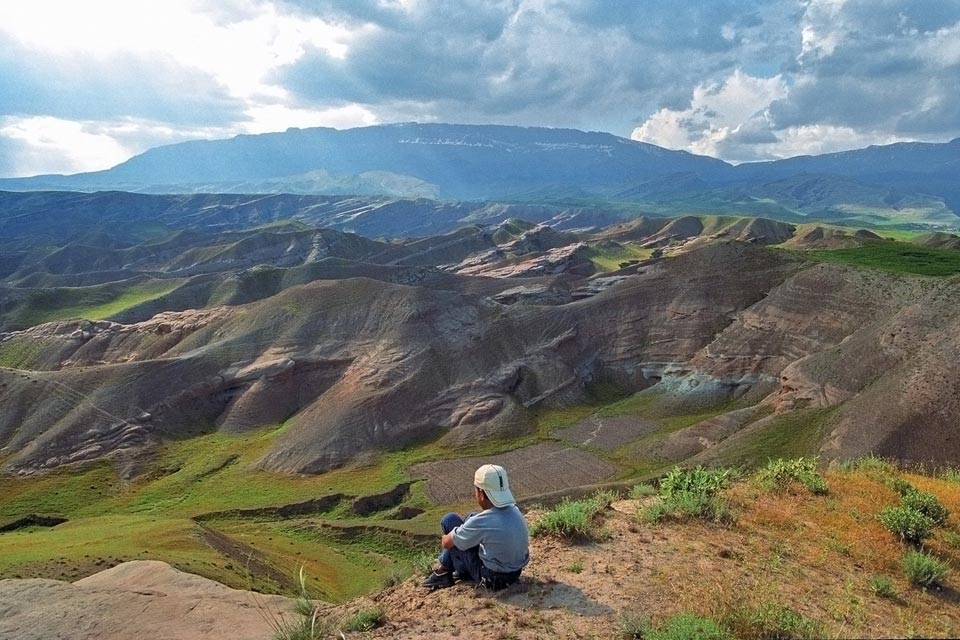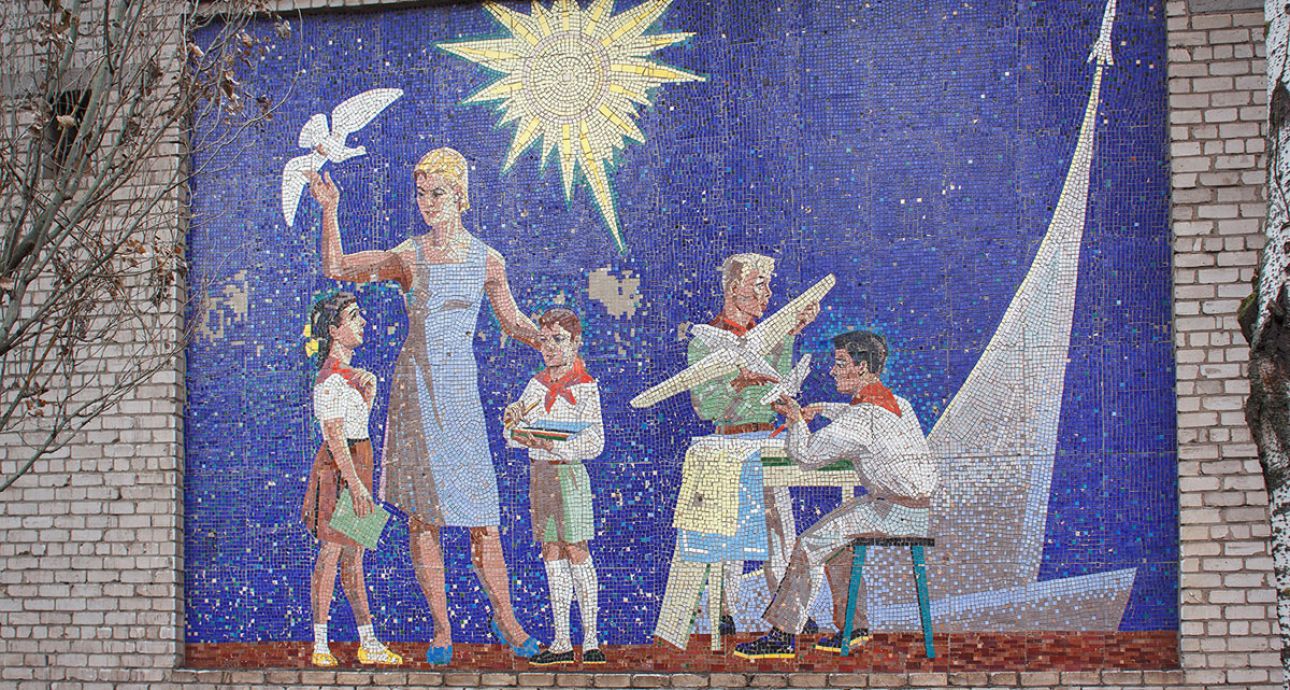
Pixel Art: Mosaics of the Soviet Ukraine in Eugene Nikiforov’s Project
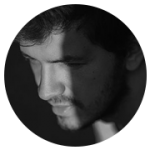
Born in Vasylkiv (Kyiv region, Ukraine), lives in Kyiv. Started his professional career as a photographer in 2005. In 2010, graduated from Geographic Photography College in Tel Aviv (Israel). Worked as a photographer in China, Israel, and Ukraine. Has been working on his own documentary projects since 2013. Has worked with pravda.com.ua, lb.ua, Springerin, vocativ.com, Art Ukraine Magazine and other media.
This project is about fading decorations, left behind by the Soviets — a cultural layer from between the 1930s and the late 1980s.
In late 2013, Osnovy Publishing offered me to take photographs for the chapter of the book The Art of the Ukrainian Sixties about monumental art. In particular, they asked me to photograph certain mosaics in Kyiv. As I was preparing for the shoot, I found out that you can find good photographs probably only in Soviet architecture magazines from the 1960s-1970s. After I finished my work for the book, I started photographing mosaics for my personal archive. And after a year the so called ‘decommunization’ law was adopted (banning communist propaganda and communist symbols). It became clear that in a year or two most mosaics would be taken down, as they often contain some kind of slogan or prohibited symbol.
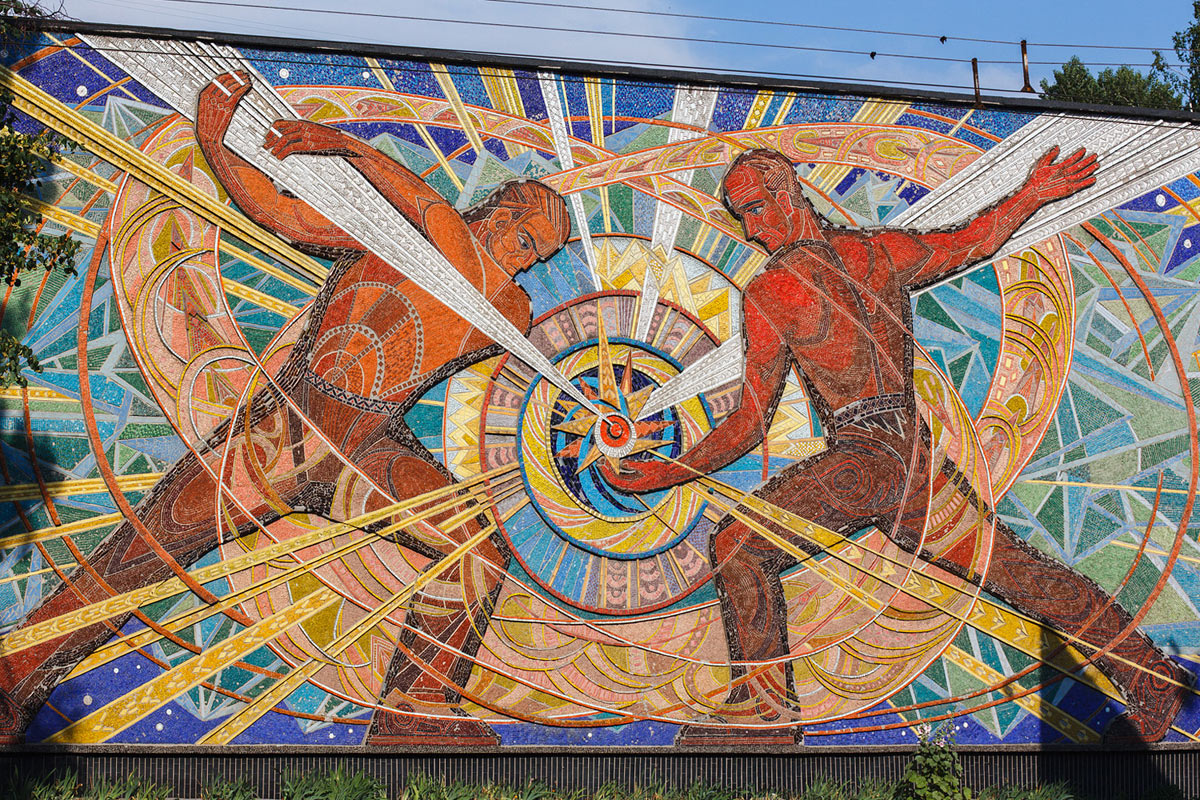
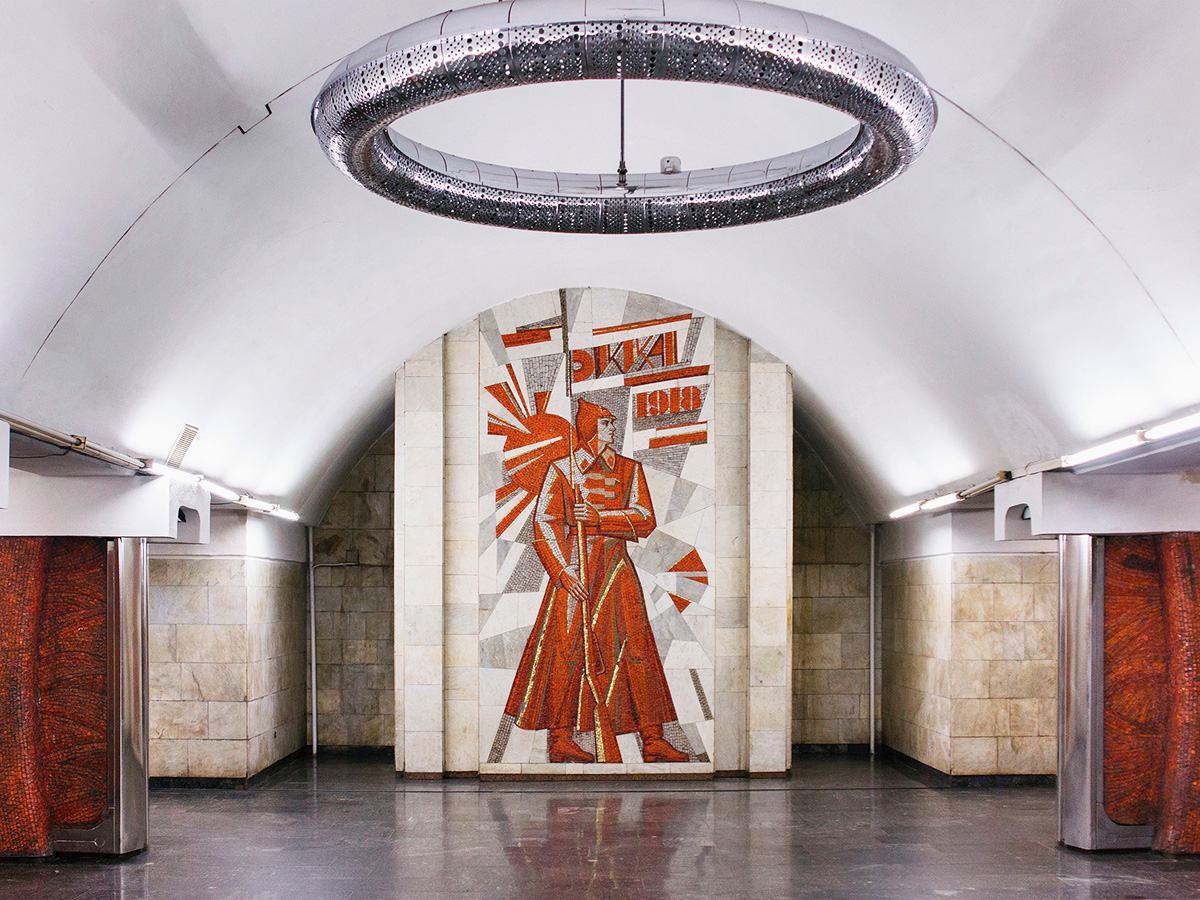
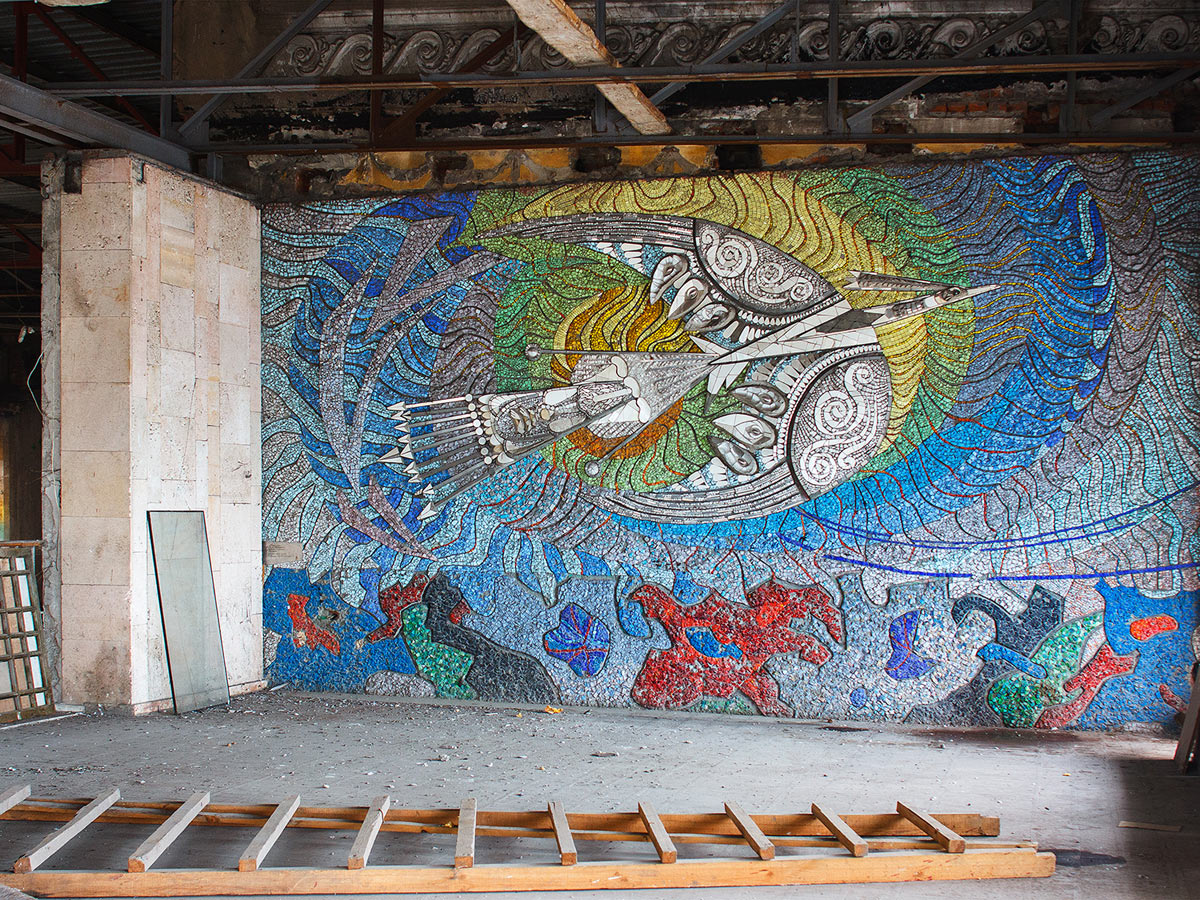
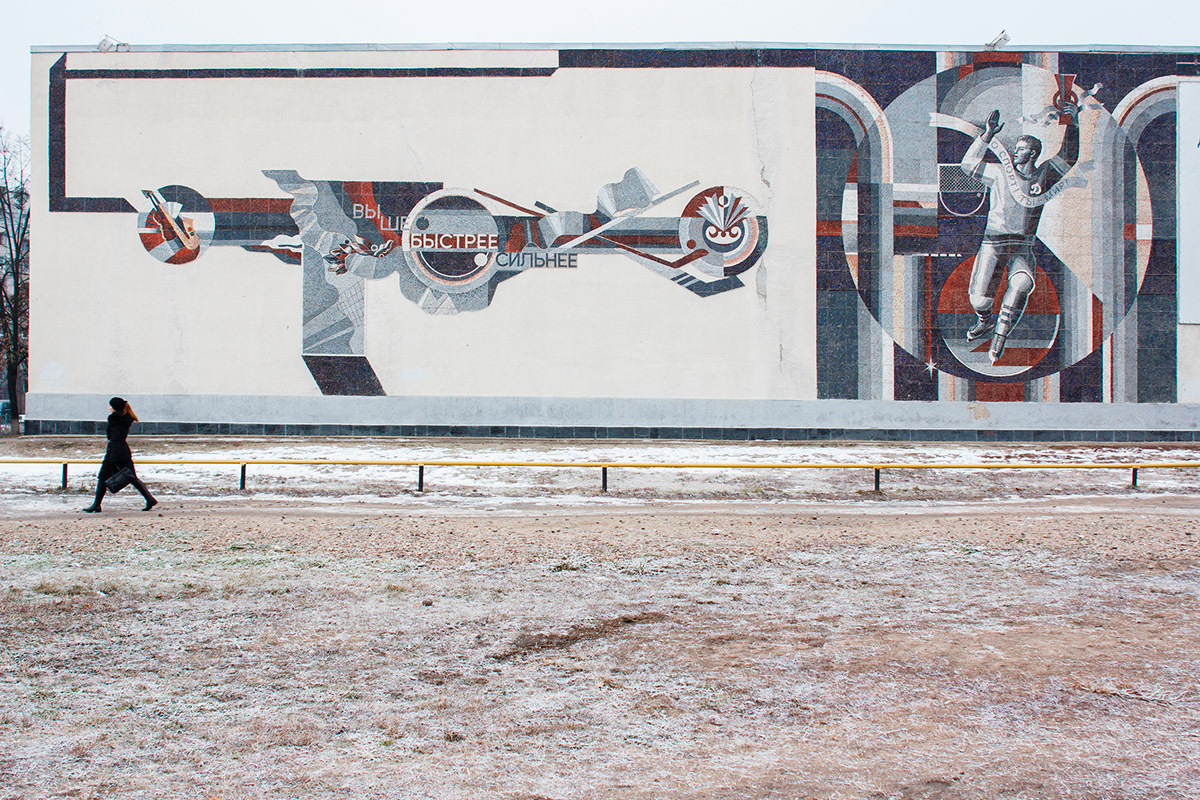
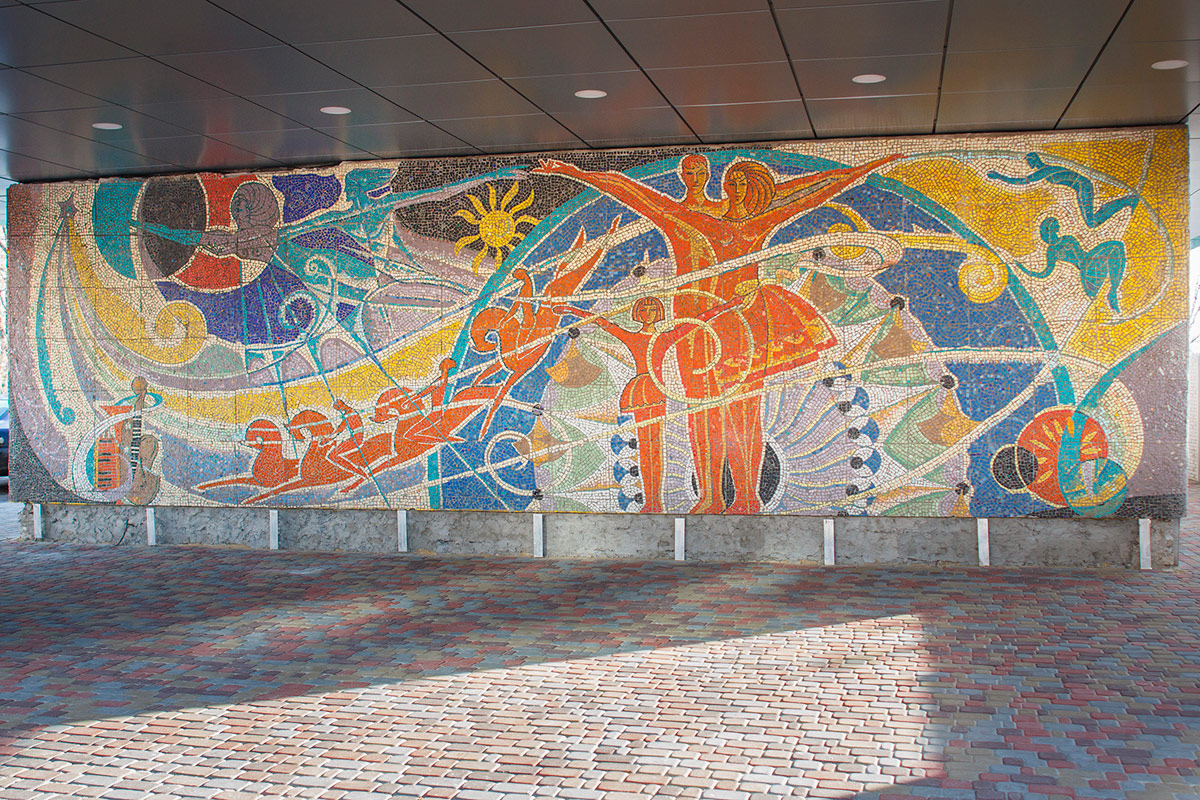
I currently have about 1000 images from 25 cities in my archive. I found them with the help of Google Street View, in editions about monumental art, on blogs and forums, talking to architects and art experts. Hundreds of people contributed to my project — they gave me leads about the remaining mosaics, helped me get permission for the shoot, solved bureaucratic issues for me. I am grateful to everyone: starting from kind concierge grandmas (although, of course, more often they were mean) in various research institutes to the employees at the sector Mariupol press service in the ATO Zone (Anti-Terrorist Operation Zone, a term often used by the government and media in Ukraine to identify territory where the war in Donbass takes place — Ed.), who gave us permission to shoot at the military facility.
Sometimes I face resistance, too. Some people threatened to call the Security Service of Ukraine, call the police, break my camera.
Often people wouldn’t believe that you can just come to another city to photograph the remains of the USSR on the wall.
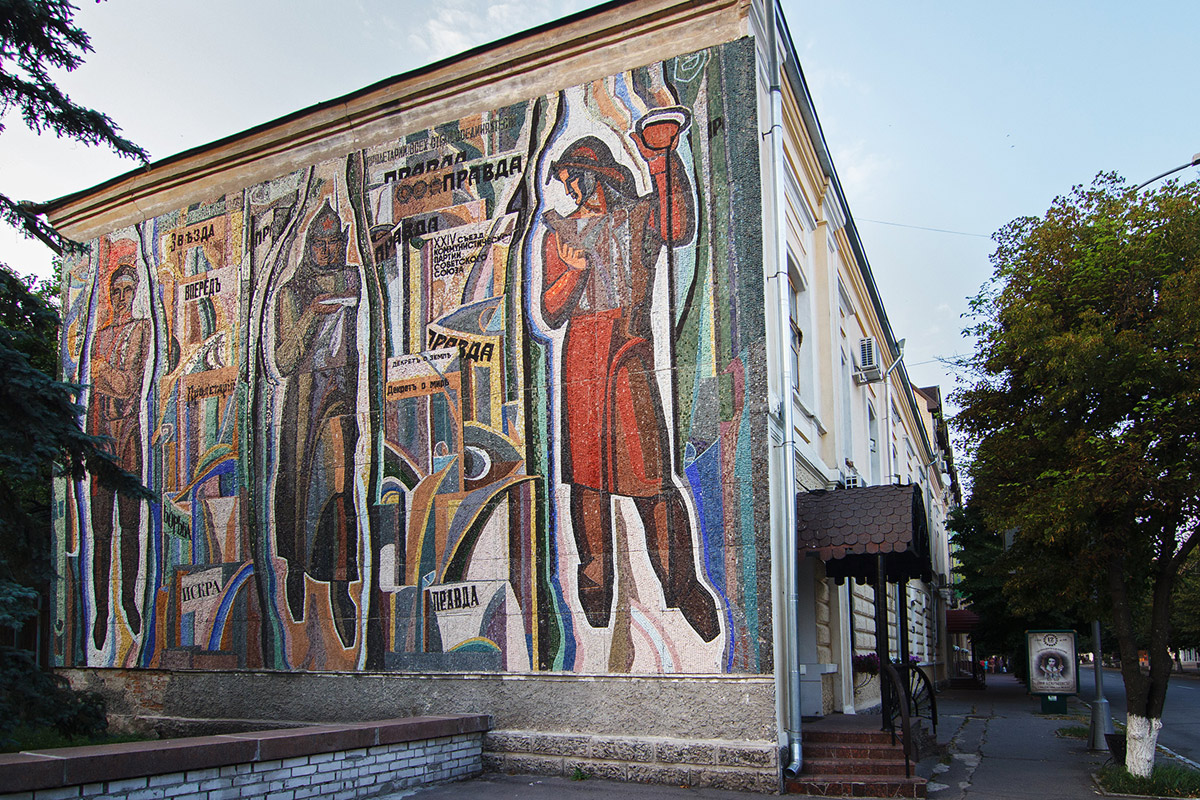
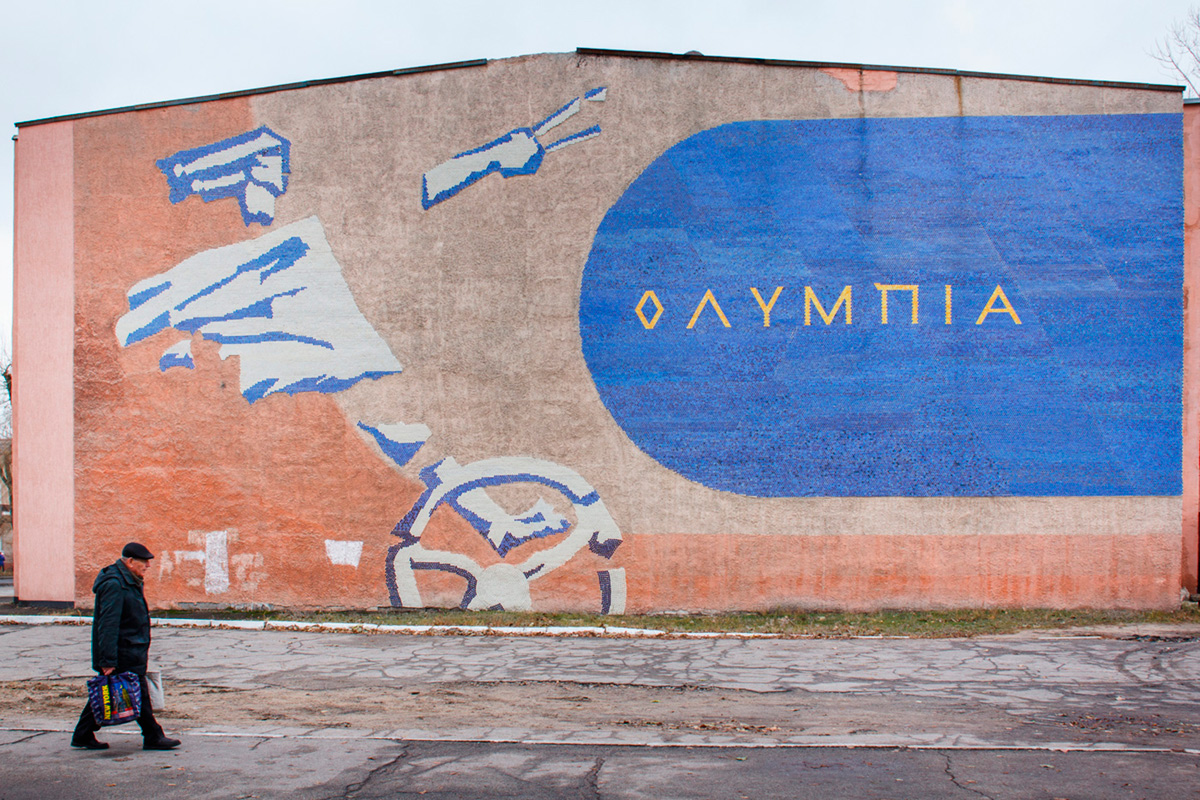
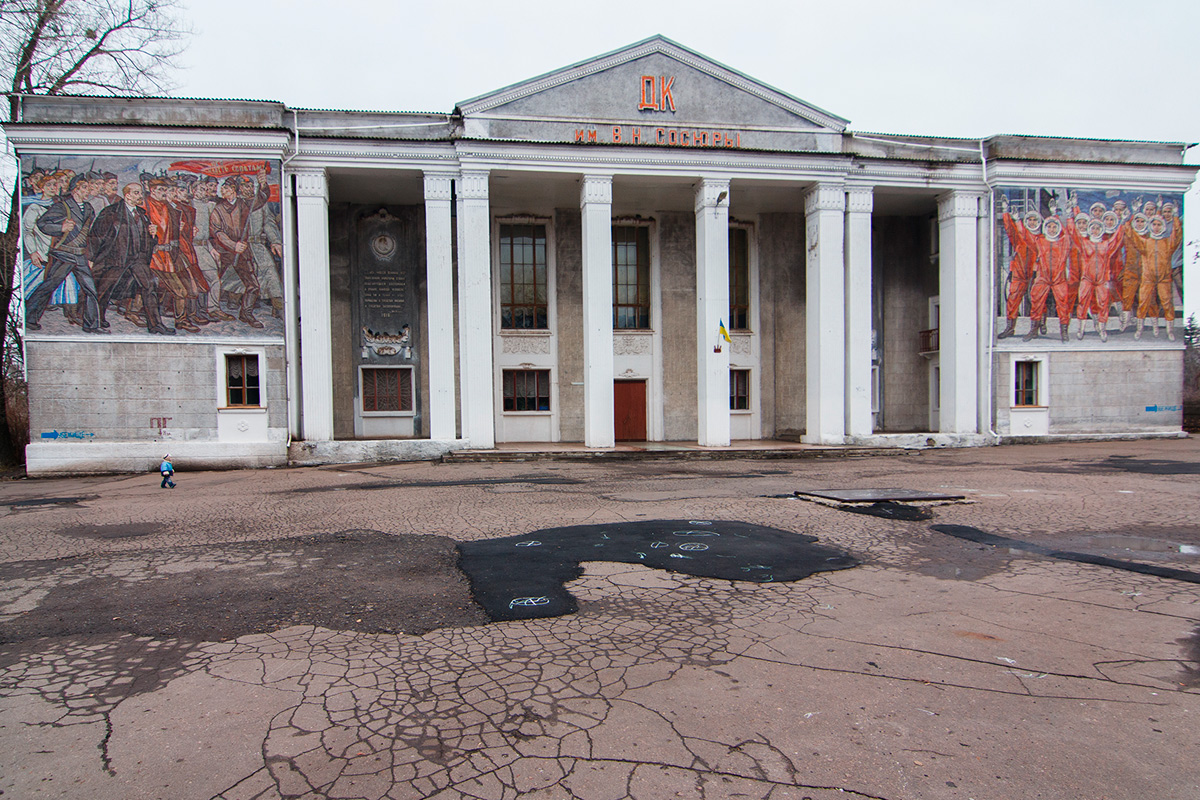
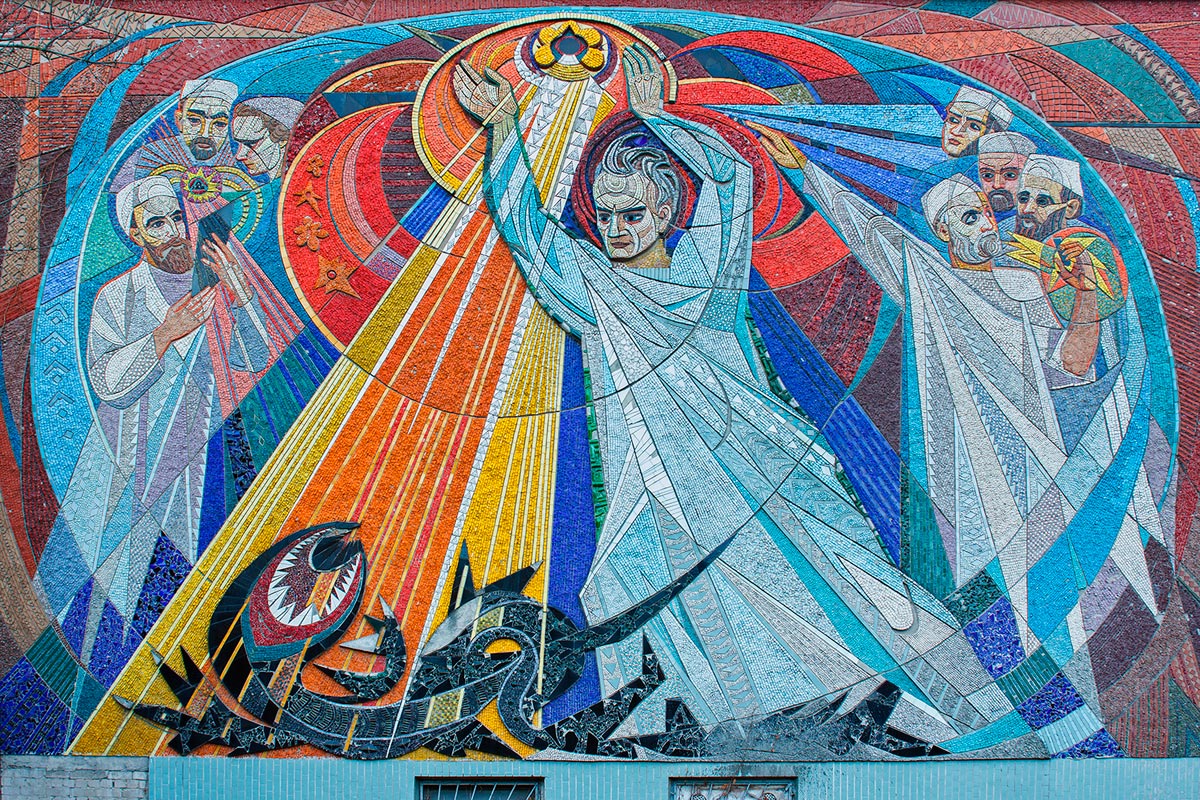
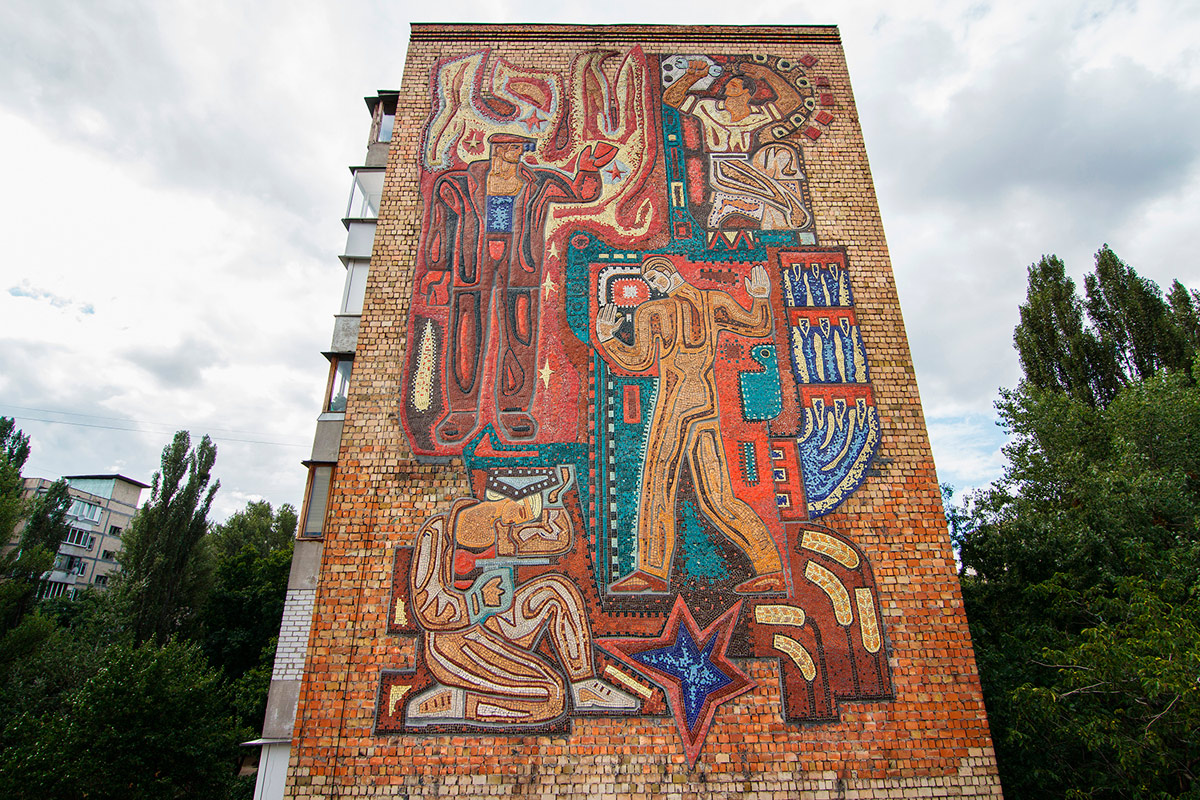
I’ve heard people say that walls are no place for this history. I think that decommunization is a logical step in the political development of our country, a process that had to be started back in the 1990s. At the same time, let us not be barbaric and pretend there was no history.
In summer 2015, Osnovy Publishing contacted me again and offered to publish a photo album, Decommunised: Ukrainian Soviet Mosaics. We are planning to release it in spring 2016. It will be an overview of monumental mosaics created in the territory of Ukraine in the late 20th century.
Mosaics in the territory of the self-proclaimed Donetsk and Luhansk People’s Republics remain an unresolved issue. I want to include the works from Donetsk, Luhansk, and especially Krasnodon (Luhansk region) into the album. My research will not be complete without them. I am also planning to go to Crimea: there are some important works in Artek children’s summer camp, in Yalta, and in two dozen other resorts.
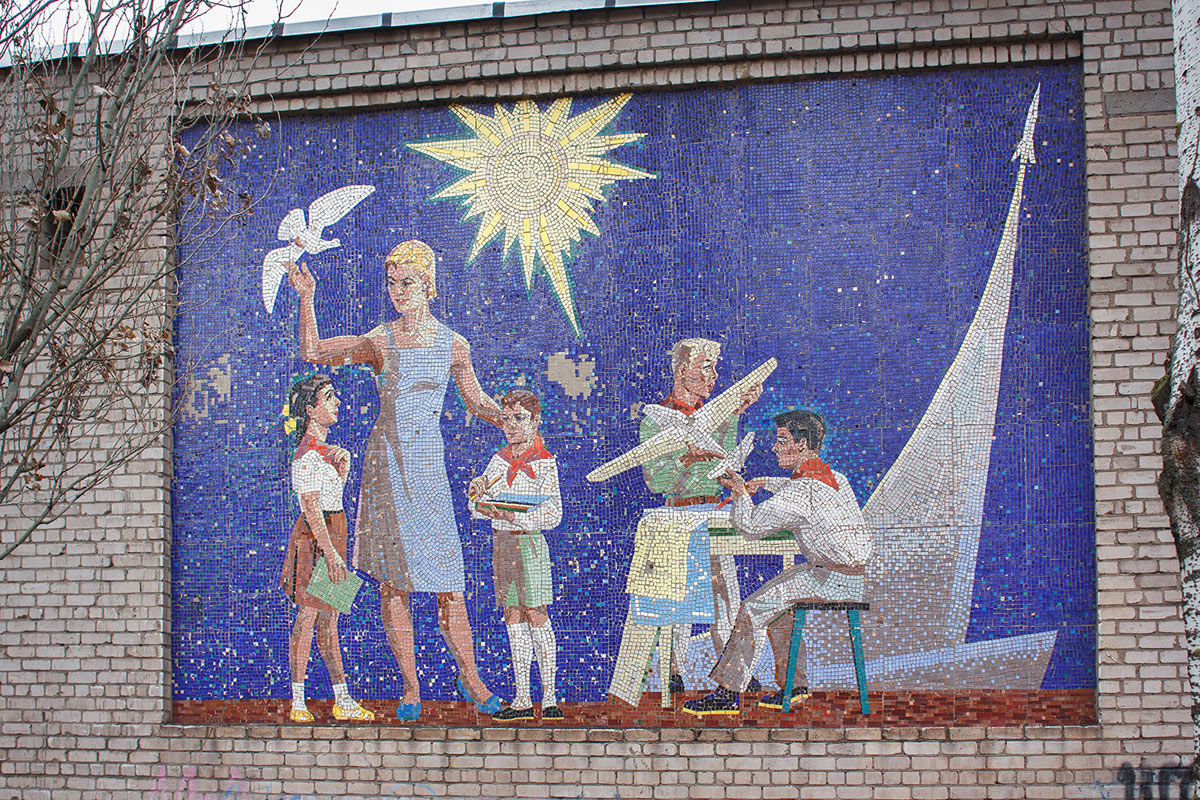
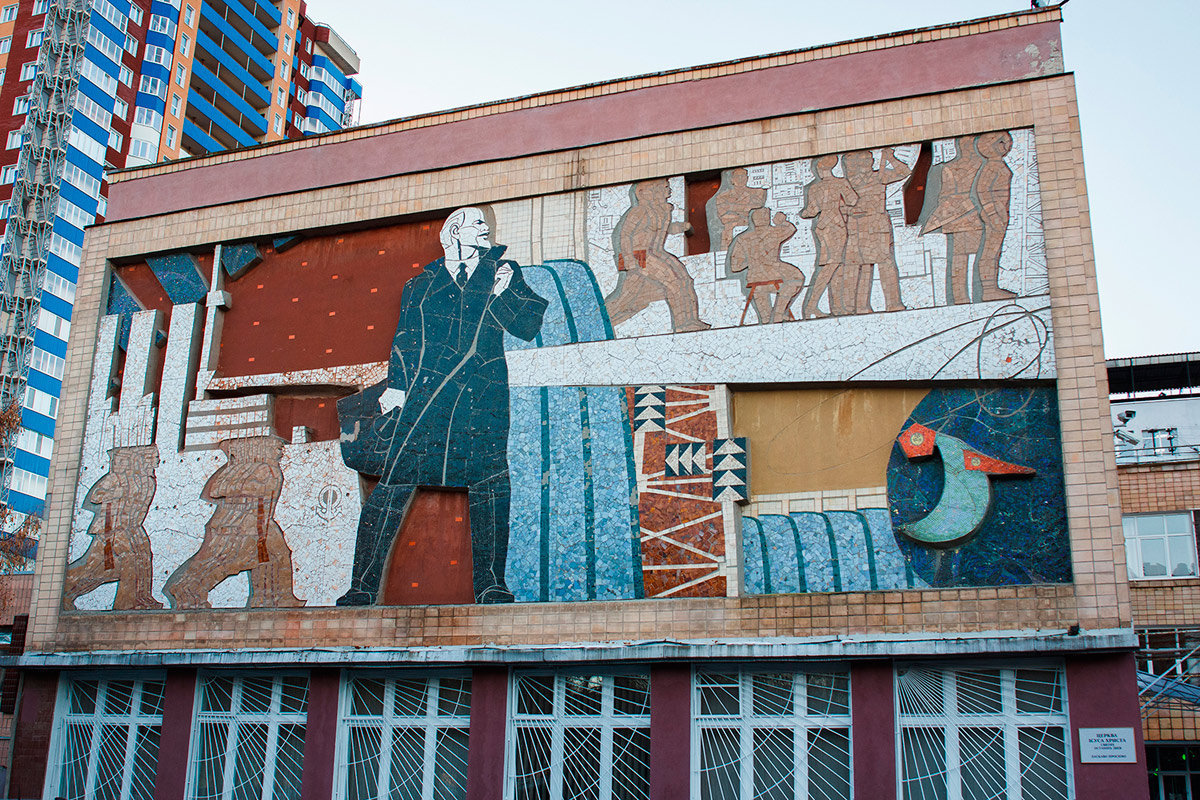
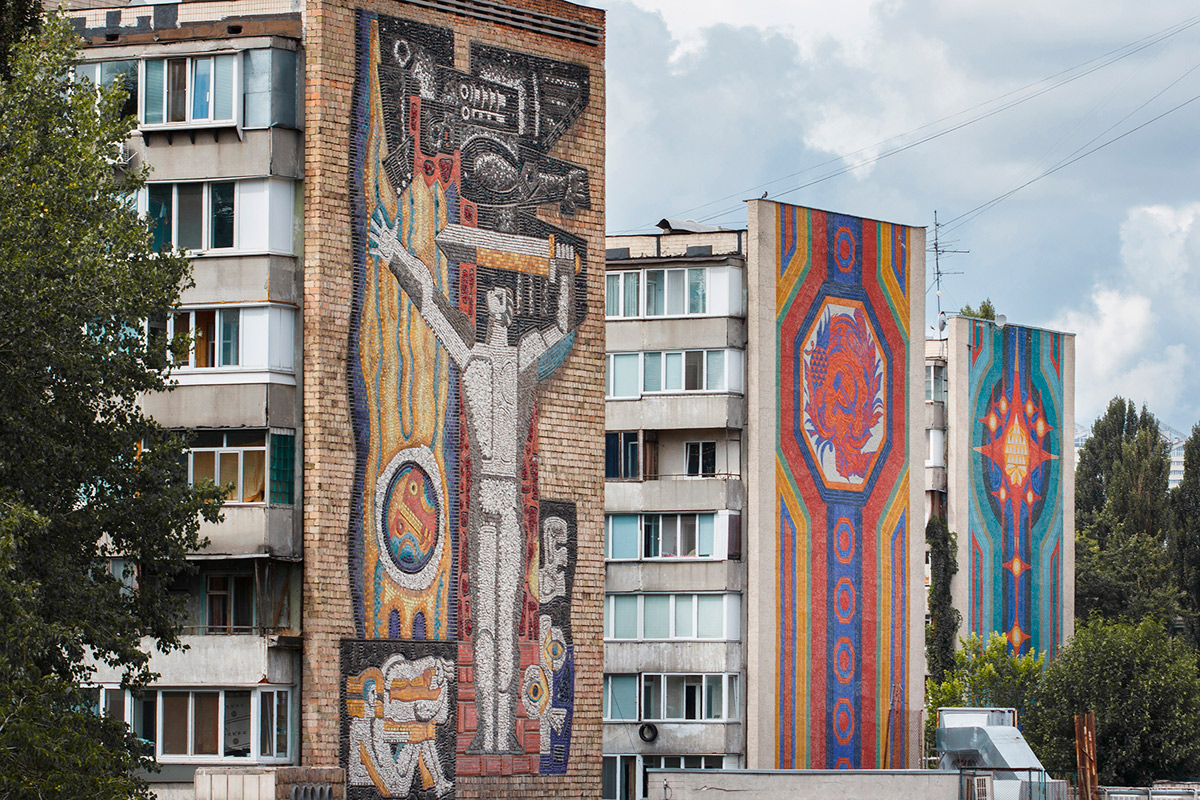
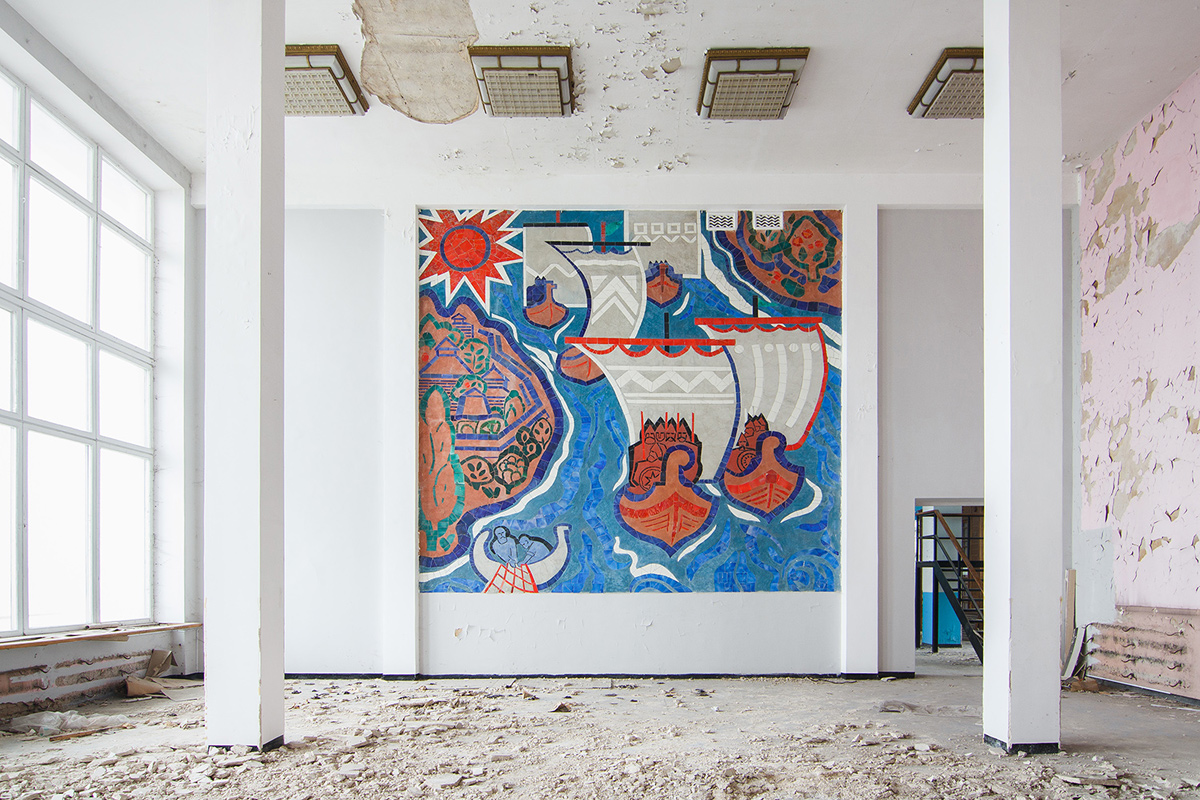
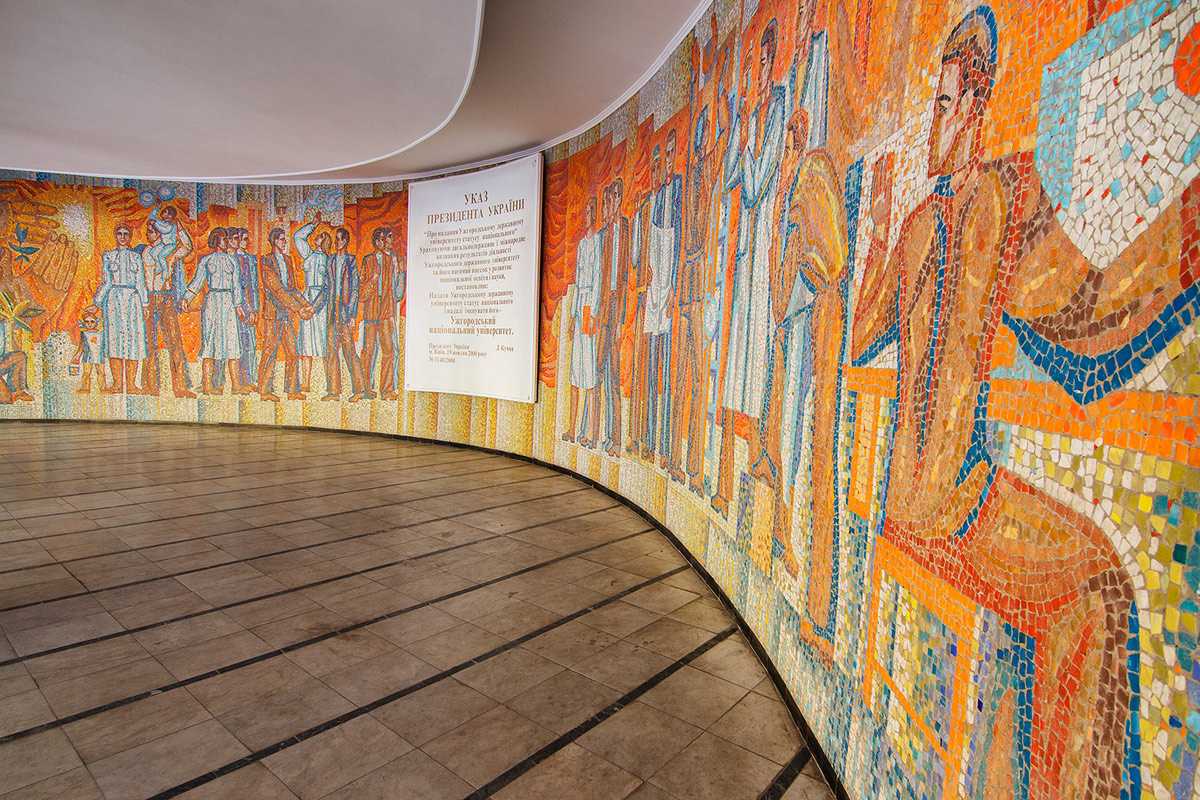
New and best
